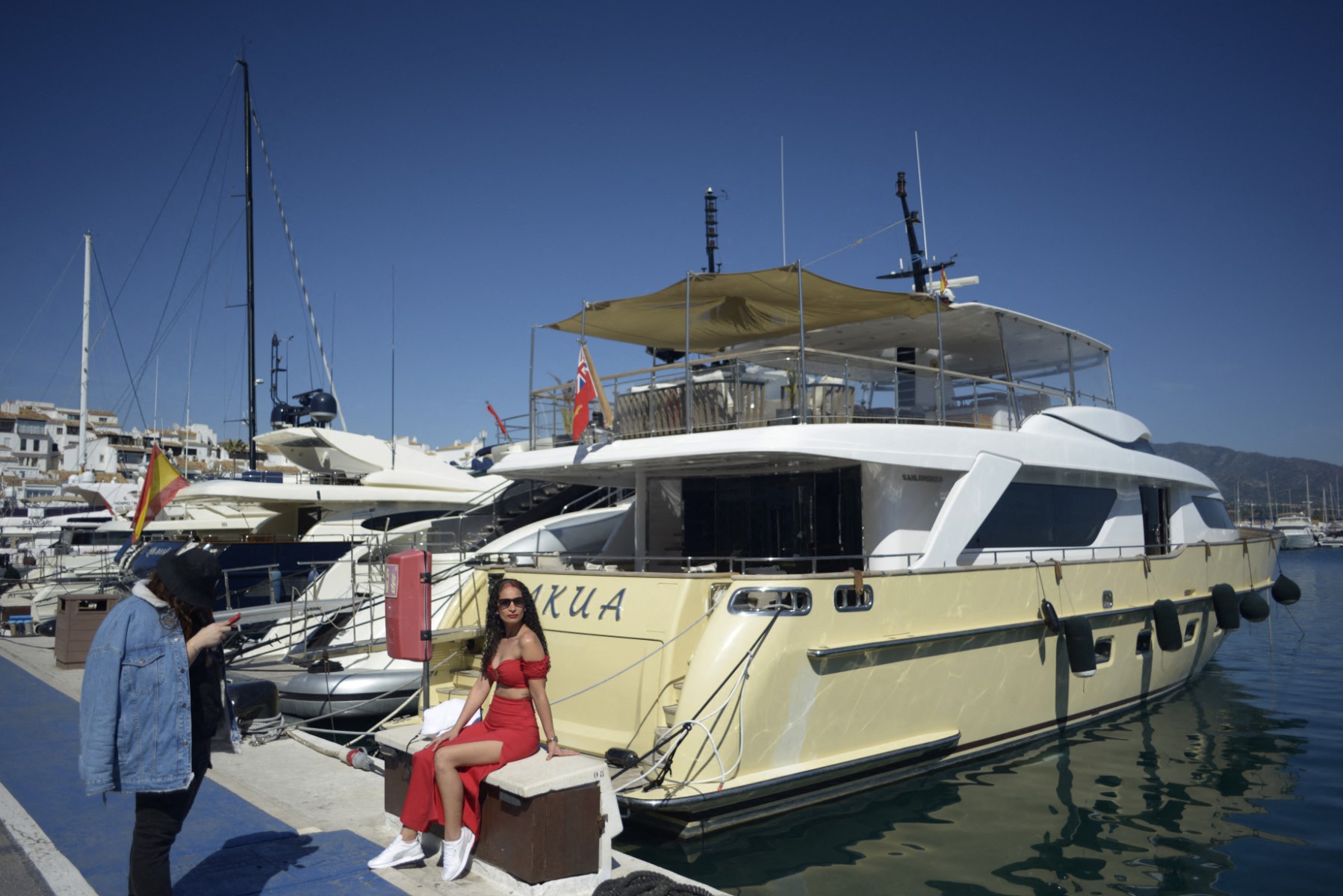If you purchased a Spanish property before 2019 and you paid for all the mortgage-related costs, you’re eligible to claim back these expenses, even if you’ve paid off the mortgage or sold the property since.
In 2015, both Spain’s Supreme Court and the Court of Justice of the European Union described it as “excessive” that Spanish banks used to charge customers all the costs of arranging a mortgage (gastos de formalización), ruling that the banking entities should take on some of the costs instead.
Therefore, property purchasers who meet the criteria could be entitled to between €700 and €1,500 on average, but not for much longer.
The deadline to file a legal claim was initially January 23rd 2024, but this has reportedly been extended until April 14th 2024 to account for time lost during the lockdown months of the Covid-19 pandemic.
However, consumer groups such a OCU are still recommending that interested parties stick to the initial January deadline to avoid issues.
That’s because there are discrepancies over when the claiming period started and ends. In Spain’s Civil Code there is a period of five years to be able to file a judicial claim from a court’s final ruling, which was in 2019.
However, it’s not clear if this also applies to mortgages, so Spain’s Supreme Court has raised this question with the Court of Justice of the European Union, from which it is still awaiting a response, which it is due to give on January 25th, after the initial deadline.
EXPLAINED: How you can claim back mortgage costs from your Spanish bank




 Please whitelist us to continue reading.
Please whitelist us to continue reading.
Member comments